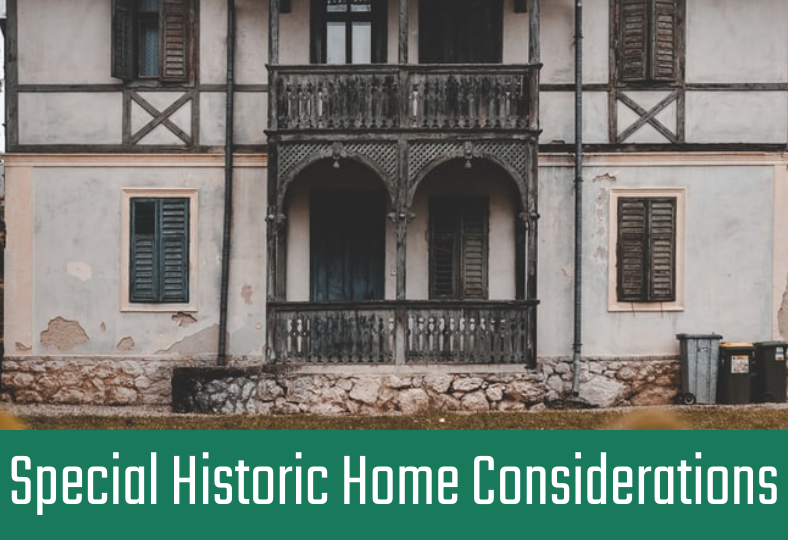
29 Aug Special Historic Home Considerations
If you’re considering purchasing a historic home, there are some things to consider before diving into the market. With more than 10,000 buildings on the National Register of Historic Places and 4 million designated landmarks in Georgia alone, it’s important to understand what makes these homes unique.
These homes often have large windows that allow for natural light to pour through and provide beautiful views while preserving architectural integrity. They also come with their own set of quirks like stained-glass windows, high ceilings, original hardwood floors and more! You may be wondering if this is your style or not – don’t worry! This article provides information on special historic home considerations and whether or not owning a historic home is for you after understanding them.
Past Construction Methods
The way homes were built in the early 1900s was different from that of modern homes. Builders back then wanted to build homes that would keep their occupants safe from the elements, and warm them with wood-burning fireplaces. Many of these homes were built before the invention and use of air conditioning. If they wanted to cool down during summer, their occupants would have to open their windows. Before you start investing in real estate, especially historic homes, make sure you do some research on when the come was constructed and the methods behind it.
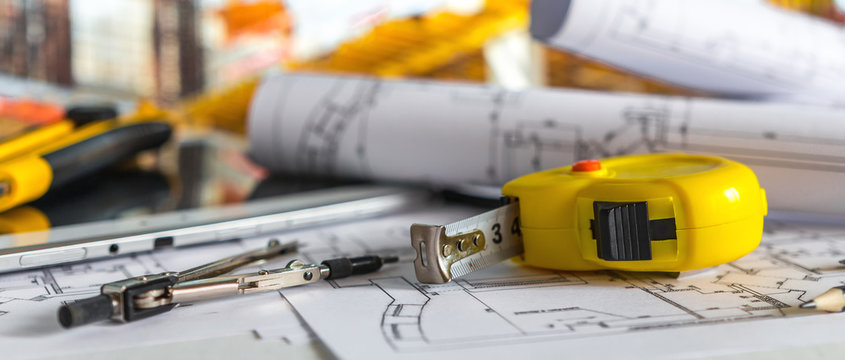
Integrity of the Structure
Historic homes that are still standing today are strong, structurally speaking. These homes were built in a time when a 2×4 Stud was a bit bigger than the studs that we have today.
Construction companies today build houses quickly to satisfy high housing demand. The timeframes and deadlines for today’s construction process were not met in the early days of home-building. Builders, carpenters, craftsmen had more time for their jobs.
With modern homes, you can usually predict what you will find on the inside, such as similar, large floor plans and exteriors that usually stay uniform throughout neighborhoods. Historic homes, on the other hand, are less “cookie-cutter”. They have more unique features like wood fireplaces, large staircases, and crown molding. In terms of originality and structure, historic homes might be more appealing than modern homes.
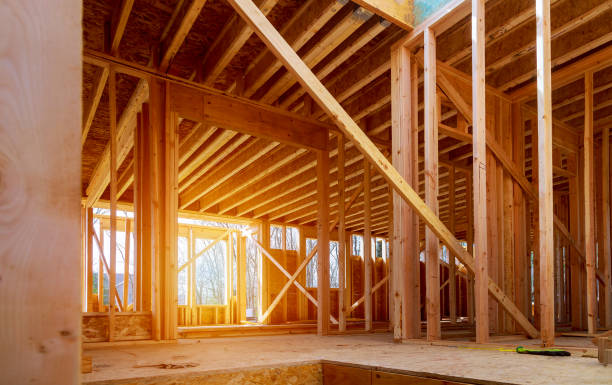
Historic Homes Are Not Airtight
Airtightness was not a concern for residential buildings in the US until the last few decades. In some states, it is now required by code. The people who built the homes that we have today didn’t think about airtightness. Although some homes were considered airtight, many didn’t know how to seal cracks and openings even if they weren’t considered airtight.
Both in modern and historic homes, the majority of leaks are located near the ceiling. You can expect to see leaks in electrical, mechanical, or plumbing components close to the ceiling. HVAC companies can conduct a blower door testing to determine if a home is leaky.
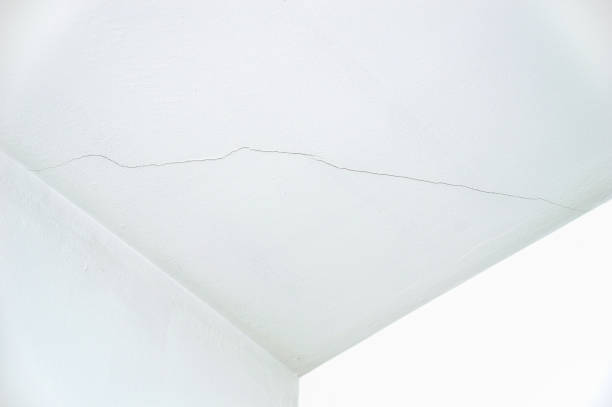
Historic Home Renovations May Need Approval
Numerous towns have designated layout control areas in areas of historical, scenic, cultural or visual significance. Any kind of suggested alteration, addition or demolition of structures in these locations could be subject to review. These preservation ordinances protect homeowners’ investment by safeguarding the historic character of their communities. To determine which guidelines might apply, a potential homebuyer in a historic area would be wise to consult the local planning and Zoning office.
A project’s review may include a brief evaluation by the zoning administrator, to a more detailed review by a secondary committee that addresses specific issues such as historic sensitivity or architectural compatibility. For certain types of work, homeowners may need to secure a permit called a Certificate of Appropriateness (COA) or Permit for Minor Work from their planning office or historic review board. Heritage tourism communities often have stricter review procedures.
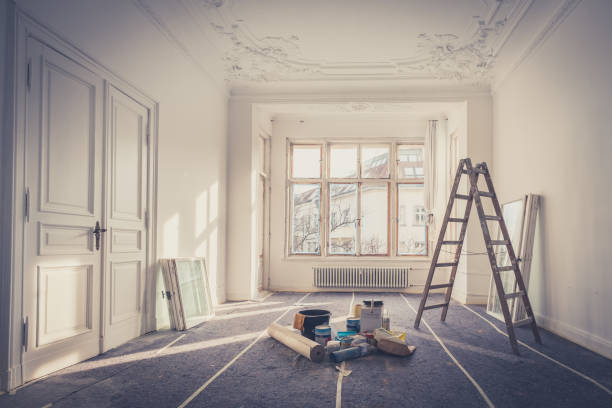
Conclusion
If you’re considering purchasing a historic home, especially in Savannah Georgia, there are some things to consider before diving into the market. Before buying an older house in need of restoration and repair, make sure that it’s worth the investment by evaluating how much repairs will cost and what kind of return on your investment. It’s also important to know about any zoning restrictions or building codes for renovation projects – which is why we recommend contacting a real estate agent who specializes in historic homes today!

No Comments